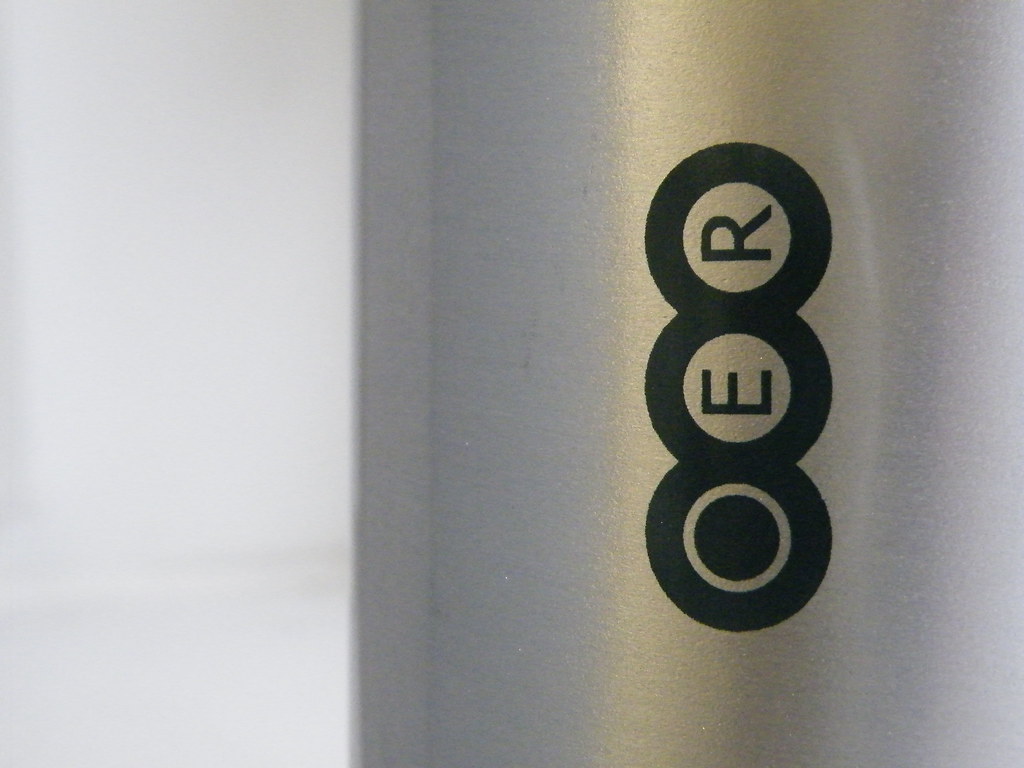
Image courtesy of Martin Weller, Flickr (CC BY-SA 2.0)
As of 2022, activities by UNESCO to support implementation of its OER Recommendation are gathering pace and OER Africa is pleased to be assisting UNESCO in this important work. The Recommendation on Open Educational Resources (OER) (40 C/32) was adopted at the 40th UNESCO General Conference in Paris on 25th November 2019 as the culmination of a long process of UNESCO engagement with the concept of OER.
First and foremost, UNESCO is planning a series of regional virtual consultation workshops around the world, with at least one workshop to be organized for each of the five regions into which UNESCO organizes member states (Africa, the Arab States, Asia and the Pacific, Latin America and the Caribbean, and Europe and North America). These workshops will provide a first platform for member states to re-convene formally since the OER Recommendation was adopted, allowing an opportunity for them to share information on how they have progressed with implementation and discuss ideas for the way forward. This will be an important opportunity for such discussion and for UNESCO to share key messages learned in the first two years since adoption. It will also enable member states to begin planning what and how they would like to report on their progress with operationalization of the OER Recommendation, a process which occurs for all UNESCO Recommendations every fourth year at the UNESCO General Conference (and is thus due to occur in 2024 for the OER Recommendation).
In parallel, with this work, UNESCO has begun a process to develop a guide on the integration of OER into national policies and strategies, which will be developed in French with a focus on Francophone Africa and particularly the Sahel Region. Although many such guides exist, they have typically always been developed in English first with a global audience in mind, so development of a guide such as this, with its specific geographical focus, is a global first and will help to resolve some of the inequities associated with rate of progress of adoption of OER globally. OER Africa is glad to be providing technical and research support to a Consultant contracted by UNESCO Dakar who has been appointed to undertake this important work.
While this is all happening, UNESCO continues its work in advocacy and information-sharing through the OER Dynamic Coalition. Regular webinars are held online (the most recent, on Quality OER, was held on 10th March, 2022) and a monthly newsletter keeps interested parties up to date on latest developments. Anyone interested in receiving the newsletter can request to be added to the mailing list. Please fill out the form here.
OER Africa is proud to continue to support UNESCO in its important work in facilitating implementation of the OER Recommendation around the world.
Related articles:
- UNESCO and the Dynamic Coalition for OER (7 May, 2020)
- Taking forward the work of UNESCO’s OER Recommendation through the Dynamic Coalition (29 July 2020)
- UNESCO’s OER Recommendation Dynamic Coalition Consultations: The way forward (26 August, 2020)
- How can governments and institutions operationalize the OER Recommendation? (17 November, 2020)
